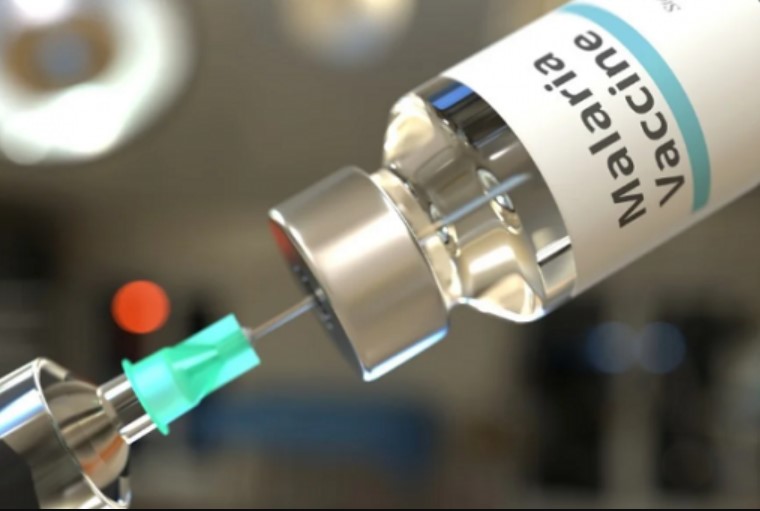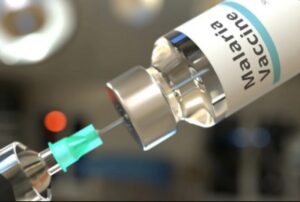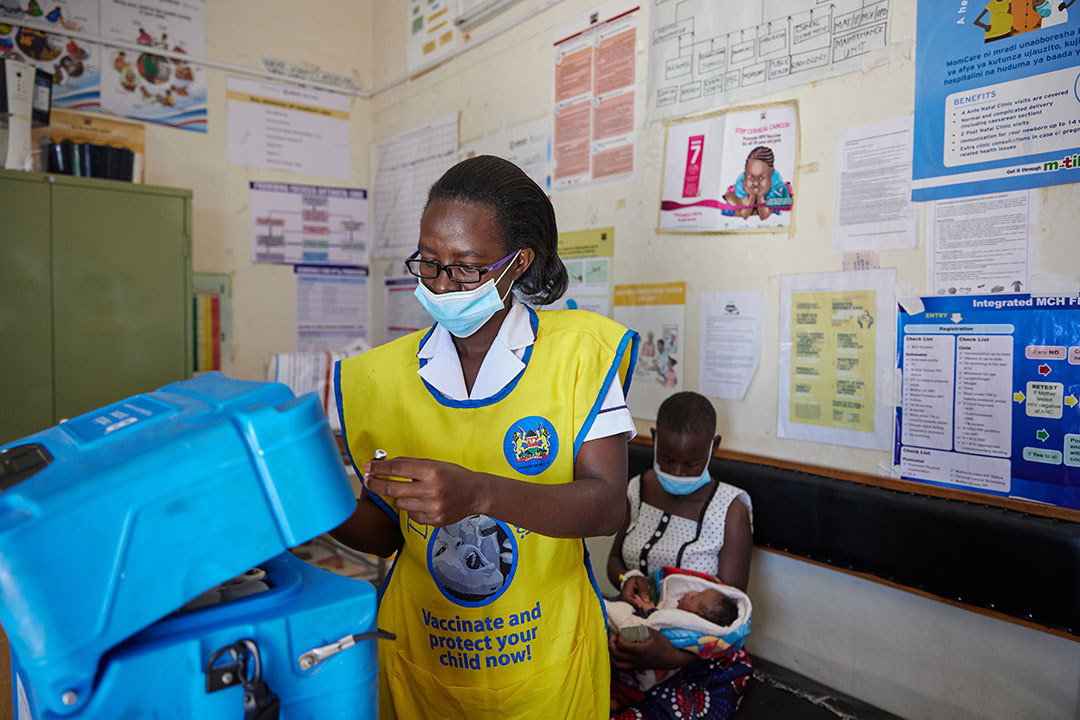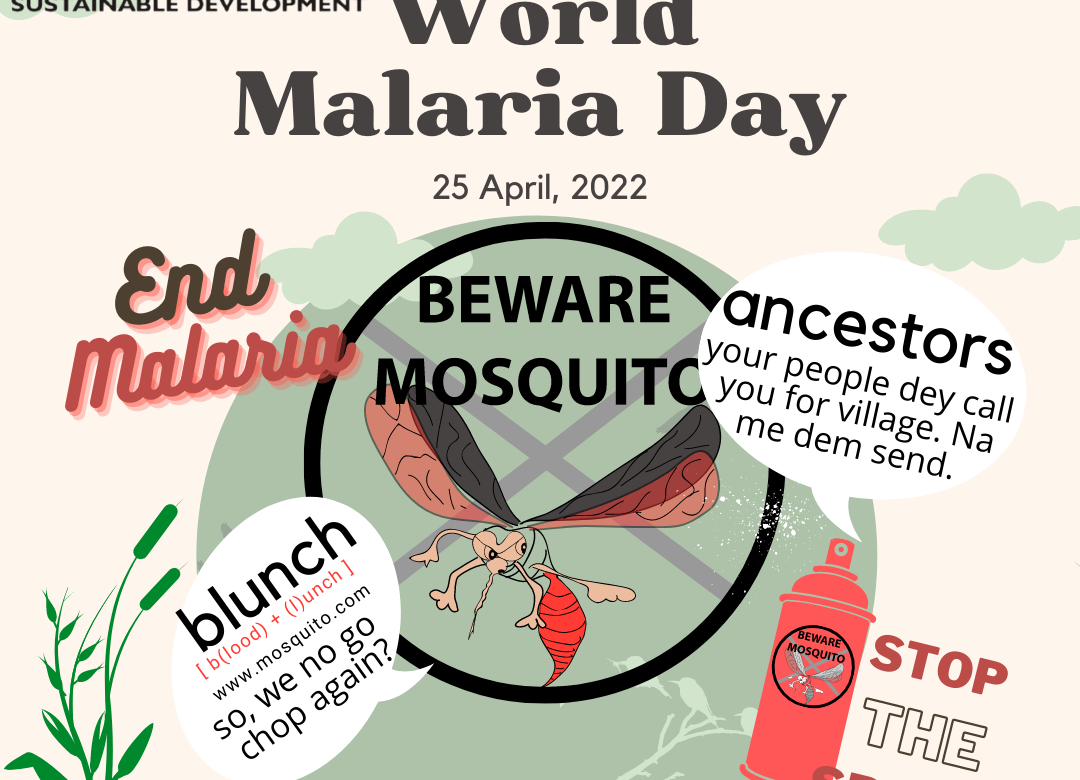
Fed Govt gets 846,000 doses of malaria vaccine
- Health and WellbeingHealth Sector
- No Comment
- 234

Nigeria has received 846,000 doses of the RTS, S/AS01 (Mosquirix) vaccine from Gavi, the Vaccine Alliance, to combat malaria.
This vaccine, proven to reduce malaria cases and mortality among young children in large clinical trials across Africa, makes Nigeria the third country to adopt it, following Ghana and Kenya, which started using it in 2023.
The vaccine rollout is set to begin next month in two high-prevalence states, Kebbi and Bayelsa, the Executive Director of the National Primary Health Care Development Agency (NPHCDA), Muyi Aina, said yesterday.
Malaria, which is transmitted year-round in southern Nigeria and lasts up to three months in the northern regions, remains a major public health concern, affecting about 97 percent of the population.
During the handover of the RTS, S/AS01 vaccines in Abuja, the Coordinating Minister of Health and Social Welfare, Prof. Muhammad Pate, emphasized the pivotal role the vaccine will play in reducing malaria cases and deaths.
He noted that the arrival of the vaccine marks a historic milestone in Nigeria’s fight against malaria and will significantly enhance the country’s ongoing efforts to eliminate the disease, revealing that the rollout would begin in high-burden regions before expanding nationwide.
The Minister said: “Our target is to prioritize regions most affected by malaria, particularly in rural areas where access to healthcare is limited.
“With proper infrastructure, political will, and continued international collaboration, Nigeria is poised to make substantial progress in reducing the disease’s toll and moving toward malaria elimination”.
Asserting that global health partners such as the World Health Organization (WHO), United Nations Children’s Fund (UNICEF), and Gavi, the Vaccine Alliance, are providing both technical and financial support to ensure the successful rollout of the malaria vaccine, Pate said, “USAID and other partners are pushing for rapid scale-up beyond the initial two States.
Aina, also underscored the importance of the vaccine, noting that Nigeria is among the top 10 contributors to the global burden of malaria, accounting for approximately 27 percent of the global burden and 31 percent of malaria deaths worldwide.
“In 2022, nearly 200,000 deaths from malaria occurred in Nigeria. Children under five years of age, and pregnant women are the most affected, with a national malaria prevalence rate of 22% in children aged 6-59 months as of 2021.
“The vaccine would quicken our malaria control and elimination efforts, as we expect about a 13% reduction in all-cause mortality in children under five and a 22% reduction in hospitalized severe malaria cases.
He however assured that the agency would not compromise deployment of the vaccine for whatever reason, saying, “The WHO recommends prioritization of the vaccine in areas of high to moderate transmission and this is guiding our phased introduction strategy.
“Consequently, we are commencing the first phase of the introduction in November, in two States – Kebbi and Bayelsa, with high prevalence of malaria.
“Kebbi because it has the highest prevalence rate in the country (52%); while Bayelsa is selected because its target population of 69,935, and that of Kebbi’s 162,014, aligns with the one million doses available for this phase, thereby ensuring that the vaccine supply is effectively utilized.
“The vaccine will be administered to children aged 5 months to 15 months as part of Routine Immunization.
“Each child requires four doses, given at 5, 6, 7, and 15 months of age, to be fully protected”.
Expressing optimism about the vaccine’s life-saving potential, WHO’s representative in Nigeria, Walter Mulombo, voiced confidence that the vaccine, when combined with other preventive measures, will significantly reduce the malaria burden in Nigeria and bring the country closer to the goal of a malaria-free Africa.
By Dele Anofi
https://thenationonlineng.net/fed-govt-gets-846000-doses-of-malaria-vaccine/





